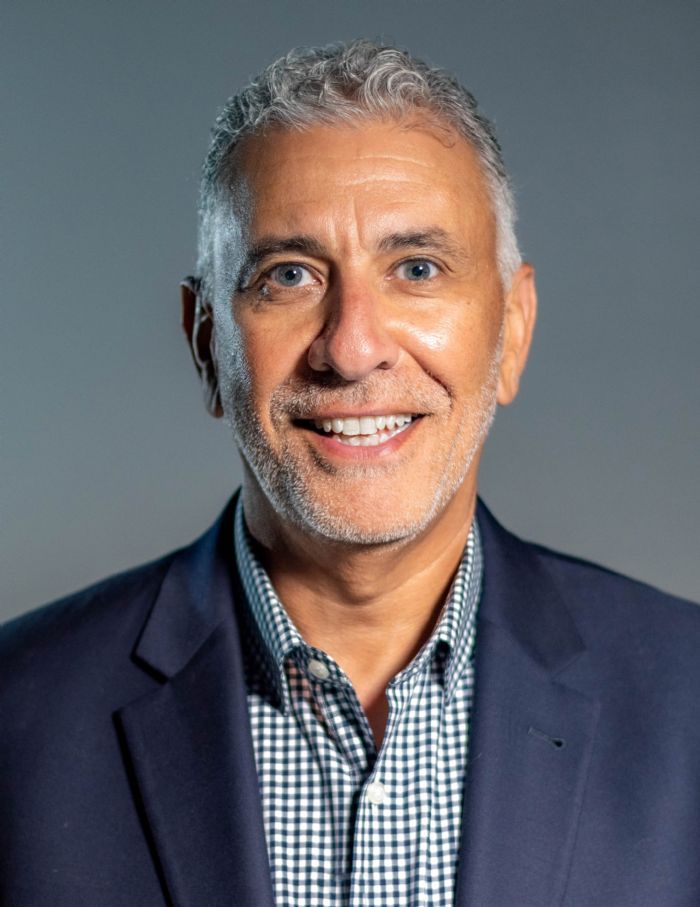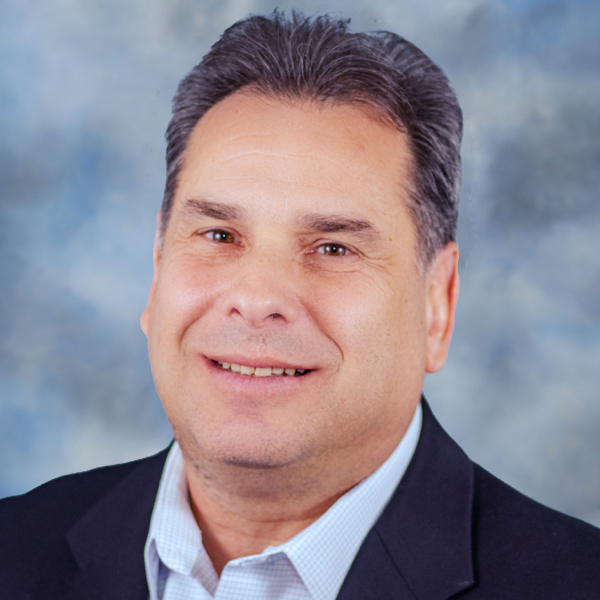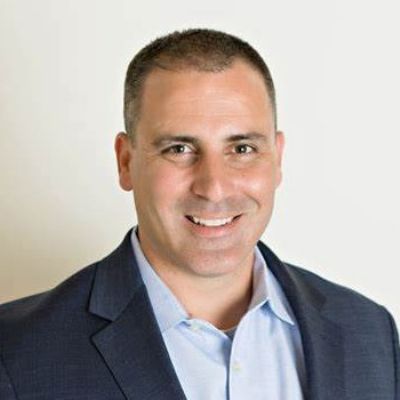Q: What's the best management-related book, webinar or event that you've recently enjoyed, and what were one or two of the key takeaways?
Malek: I have a couple that I want to share. First, even though it's old and lots of people reference it, it's an oldie but a goodie: Five Dysfunctions of a Team, a book by Pat Lencioni, who talks about the five elements for good team health and workplace productivity, starting with trust. You must have vulnerability-based trust before you can have healthy conflict, and then commitment, accountability and results. Our lean practitioner has institutionalized this book, among others.
Another book influencing me and how we operate at Kapco is EOS: Entrepreneurial Operating
System. We’ve used this process since 2017 to help build strategic plans and hold people accountable for the goals that we set as a company. At its core is establishing a “visionary” at the top of the business—creative and always looking for new, cool things to work on. Below that role is the integrator—the role I've been serving for several years. From there the structure includes department heads in finance, operations, sales and marketing, and others. What I love is that it has a very simplified structure that says, "Okay, this is what people do." The visionary creates, the integrator implements, and the rest of the team has very specific roles. The EOS presents a very straightforward and simple way of building a strategic plan, setting a 10-yr. outlook and vision, as well as a 3-yr. picture, 1-yr. goals, quarterly rocks and a scorecard.
Q: What's the biggest challenge that you face as a company leader?
Malek: Among the many challenges that we face are working customer and supplier issues, but perhaps our biggest challenge is meeting the ever-changing needs to attract employees, meeting them where they're at, finding out what motivates them, and fulfilling them so that we can retain them. Getting some people to work can be difficult, as is getting them to stick around. That's the ever-changing landscape we see, which ultimately led us to develop the Kacmarcik Center for Human Performance (KCHP), the brainchild of Kapco’s CEO and chairman Jim Kacmarcik. With the center, a state-of-the-art workforce-development institute, we hope to excite our employees by offering them an opportunity to become the best version of themselves and flourish. Launched in October 2022, we believe that the KCHP provides a differentiator for Kapco in the marketplace.
Q: What are two or three of the most important things that you look for in a mid-level manager?
Malek: I'm looking for humility. On top of that, I'm looking for receptiveness to learn and embrace new ideas, and, of course, hard work and a high say:do ratio. But truly, I hate ego and arrogance. And so, humility's a big one, which demonstrates the ability to recognize that you don't know everything and that you're willing to learn and be taught. I try to uncover these traits during the hiring process and am very transparent; I tell people that if you’re not wired like this then don’t take the job. I don’t want to babysit our leaders; rather, I believe in hiring the best and the brightest and then getting out of their way.
Q: What are two things that you believe your company is doing well? And what’s one thing that you wish you could change?
Malek: I’m proud of how we invest in our people as well as our equipment and technology, including robots and collaborative robots (cobots). The KCHP already has positively impacted our culture and productivity, as some 140 employees have enrolled in courses. And, we’ve invested regularly in the last 5 to 7 yr. on new stamping and fabricating equipment.
We probably
could have made more investments in automation earlier in the game. Note,
though, that we're not talking about replacing people with automation, we're
talking about the fact that there aren't enough people available to us and so
we are looking to supplement our team with automation.
Q: How do you encourage and motivate your management team?
Malek: Well, this is going to sound immodest, but I'd like to believe that I demonstrate the importance of transparency and vulnerability. I don’t claim to know everything, nor do I act like I know everything, and so I'm very open and receptive. I also work to share a lot of information so that employees view themselves as partners with me, and not employees. And I collaborate a lot and seek input and wisdom from others. Throughout my career I have been encouraged and motivated by the leaders I have worked for and with, and so I pay that forward. I really try to help people connect the dots on where we're going, ensure that they see that what they're doing matters, and how much impact they have.
Q: As technology seemingly evolves at an accelerating pace—automation, software, Industry 4.0—how do you and the Kapco team stay informed and decide when to adopt new technology or expand its use?
Malek: We’ve made an investment in our Industry 4.0 journey by hiring a dedicated leader to establish a department and an approach from ground zero. We must understand what the backbone and the infrastructure need to look like in order for Industry 4.0 initiatives to take hold, beginning by understanding all of the moving parts in the business.
I think it's important that we don't get wrapped up in the sexiness and the chase of something that we don't understand. We want to ensure that we have a plan in place that defines what we’ll do with the information we collect via Industry 4.0 initiatives—a line of sight, if you will, to what we’re trying to accomplish. With this new team and leadership, we’ll work to get the business working correctly on paper, and then we’ll digitize it.
Q: How do you relax, release your stress, and rise above the endless list of problems you have to deal with each day? Is it lonely at the top?
Malek: I've been blessed to have a circle of trust throughout my whole career, and Kapco is just really no different, in terms of being able to establish amazing trust-based relationships. As long as I’m able to do that and still maintain a level of professionalism as well as boundaries, then I can enjoy being at the top and still have people that I can counsel with, and they can counsel me.
That said, I enjoy a good game of pickleball, often playing alongside or across the net from my wife—who, honestly, might be better than me! And, of course, I enjoy spending time with my family.
Technologies: Management
 This month we
feature Hani Malek, group president at Kapco Metal Stamping, home to more than 600
employees working across eight facilities in and around Grafton and Osceola,
WI. A contract manufacturer, the firm
performs an array of operations including stamping (more than 50 presses,
capped at 1000 tons), laser cutting, press brake bending, tool and die build
and maintenance, machining, and welding.
This month we
feature Hani Malek, group president at Kapco Metal Stamping, home to more than 600
employees working across eight facilities in and around Grafton and Osceola,
WI. A contract manufacturer, the firm
performs an array of operations including stamping (more than 50 presses,
capped at 1000 tons), laser cutting, press brake bending, tool and die build
and maintenance, machining, and welding.









